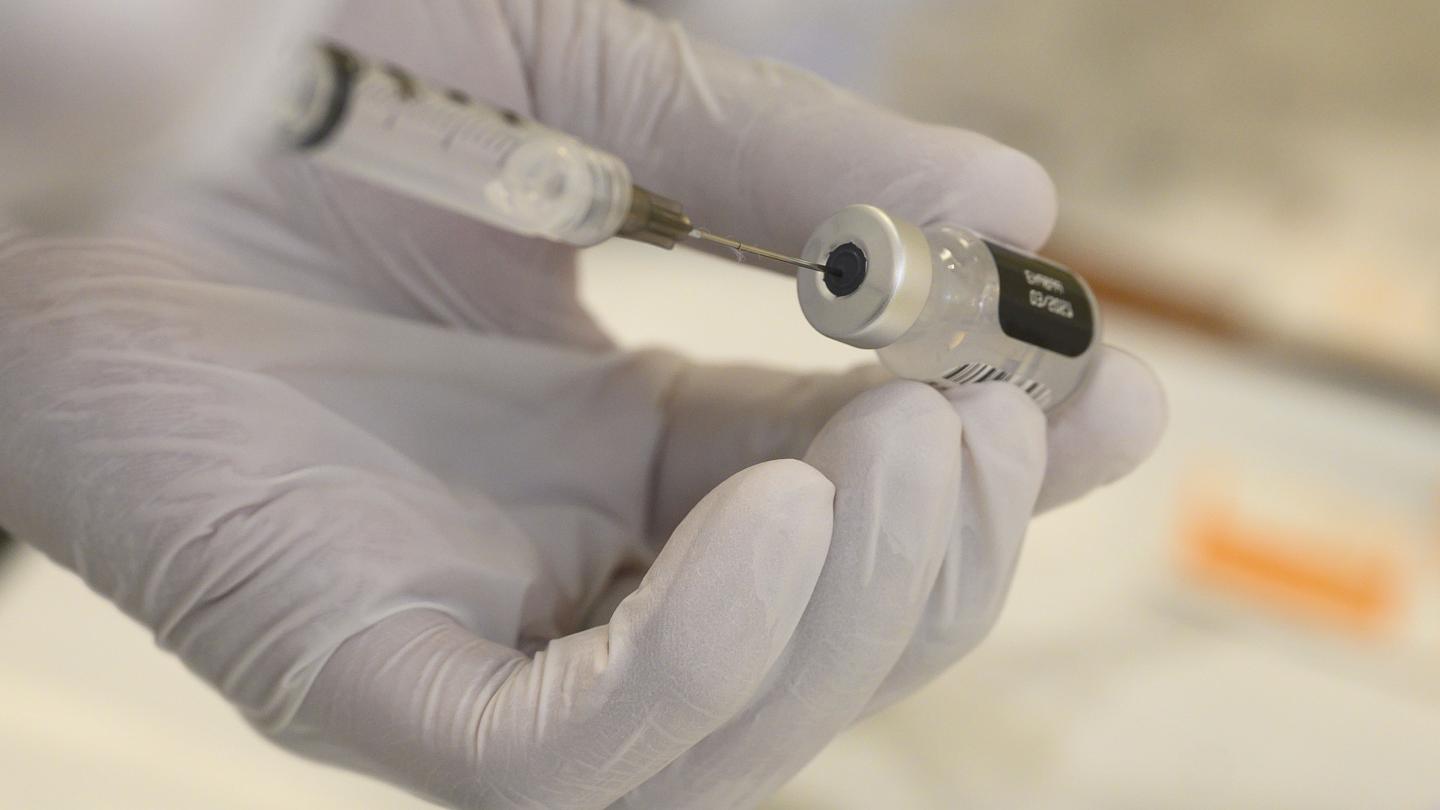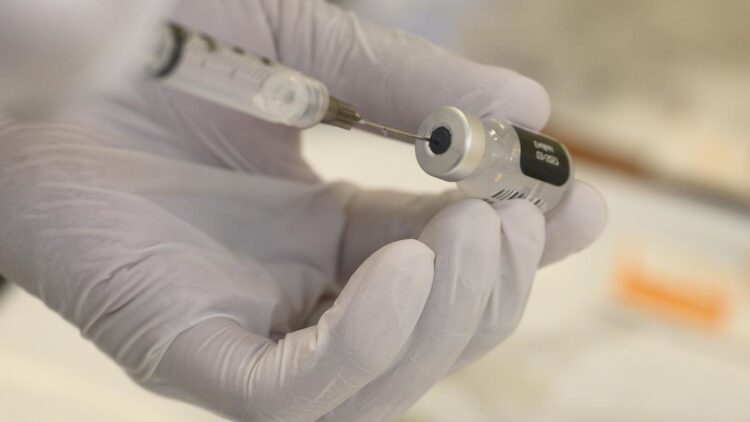
Credit: Public domain image courtesy of Lisa Ferdinando, U.S. Department of Defense
When clinical trials were conducted to determine the immunogenicity — the ability to elicit an immune response — for the first two vaccines marshaled against SARS-CoV-2the virus that causes COVID-19, one group was not among those included: people who have received solid organ transplants and others (such as those with autoimmune disorders) who are immunocompromised.
Now, Johns Hopkins Medicine researchers have tried to rectify that inequity, taking one of the first looks at how people who are immunocompromised respond to their first dose of one of the two mRNA vaccines — Moderna and Pfizer-BioNTech — currently being administered worldwide. Their findings, as published March 15, 2021, in a research letter in the Journal of the American Medical Association, disappointingly show that only 17% produced detectable antibodies against the SARS-CoV-2 virus.
“This is in stark contrast to people with healthy immune systems who are vaccinated, nearly all of whom mount a sufficient antibody defense against COVID-19,” says study lead author Brian Boyarsky, M.D., a surgery resident at the Johns Hopkins University School of Medicine.
The study evaluated the vaccine immunogenic response for 436 transplant recipients, none of whom had a prior diagnosis of COVID-19 or tested positively for SARS-CoV-2 antibodies. The median age was 55.9 years and 61% were women. Fifty-two percent were administered a single dose of the Pfizer-BioNTech vaccine and 48% received one shot of the Moderna vaccine. The median time since transplant for the participants was 6.2 years.
At a median time of 20 days after the first dose of vaccine, the researchers report that only 76 of the 436 participants (17%) had detectable antibodies to the SARS-CoV-2 virus. The researchers also found that among the 76 transplant recipients, the most likely to develop an antibody response were those younger than age 60 who did not take anti-metabolites for immunosuppression and who received the Moderna vaccine.
“Given these observations, we feel that the U.S. Centers for Disease Control and Prevention should update their new guidelines for vaccinated individuals to warn immunocompromised people that they still may be susceptible to COVID-19 after vaccination,” says study senior author Dorry Segev, M.D., Ph.D., the Marjory K. and Thomas Pozefsky Professor of Surgery and Epidemiology and director of the Epidemiology Research Group in Organ Transplantation at the Johns Hopkins University School of Medicine. “As the guidelines are currently written, people assume that vaccination means immunity.”
Segev says that upcoming studies will define the immunogenic response of organ transplant recipients and other immunocompromised patients after a second vaccine dose. Other studies will look at the impact of more extensive immune system profiling — including characterizing the immune cells that remember SARS-CoV-2 after vaccination and produce antibodies, or directly attack the virus in response to the presence of the virus — to help guide vaccination strategies for this population.
###
Boyarsky and Segev are available for interviews.
Media Contact
Michael E. Newman
[email protected]
Original Source
https:/





